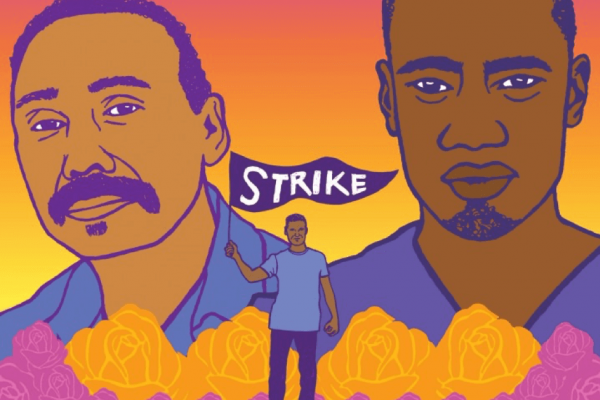Aug 30, 2018
From Florida to California, imprisoned activists are organizing work stoppages, boycotting prison commissaries, and going on hunger strikes to draw attention to injustice in the U.S. prison system. Faith groups such as Christians for Socialism and The Friendly Fire Collective are supporting these prisoners as they hold a 19-day strike protesting what they call “prison slavery.” They see fighting for justice alongside prisoners as an important expression of their faith.
Read the Full Article

Already a subscriber? Login
